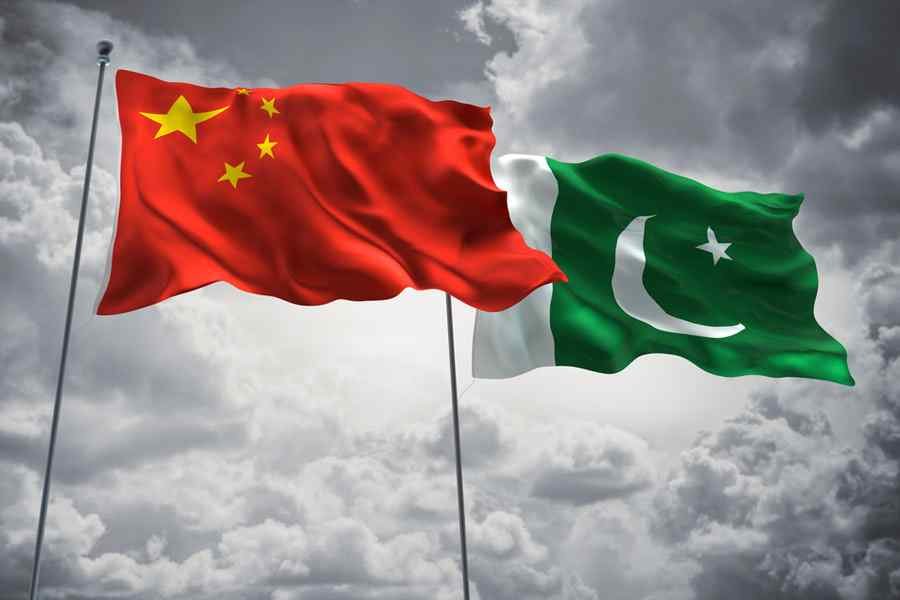Tianjin, China – Pakistan and China are gearing up to significantly expand cooperation across trade, technology, defense, and education as leaders gather for the largest Shanghai Cooperation Organization (SCO) summit since the bloc’s founding in 2001. The two-day gathering in Tianjin has drawn over 20 heads of state and government, underscoring Beijing’s push to position the SCO as a counterweight to Western-led alliances and a platform for regional integration.
President Xi Jinping, presiding over the summit as rotating chair, has signaled China’s intent to use the forum to promote what he calls “a shared future of peace and prosperity.” This year’s theme, “SCO Year of Sustainable Development,” highlights ambitions to strengthen security, economic, and technological ties across Eurasia.
Islamabad Seeks Economic and Technological Gains
Prime Minister Shehbaz Sharif arrived in China over the weekend, framing Pakistan’s participation as an opportunity to advance strategic goals and deepen the China-Pakistan Economic Corridor (CPEC). “We share a destiny with China,” Sharif said during a televised address at Tianjin University, urging Pakistani students in China to become “ambassadors of friendship” and catalysts for economic transformation back home.
Sharif also highlighted Pakistan’s investment in education, citing training programs for 1,000 agricultural graduates and scholarships for more than 30,000 students in Chinese universities. He praised China’s rapid economic growth and its success in poverty alleviation, calling Beijing’s approach a model for Pakistan’s own development efforts.
Later this week, Sharif will co-chair a Pakistan-China Business-to-Business Investment Conference in Beijing, part of Islamabad’s bid to attract foreign direct investment and expand trade links.
Technical Training and Youth Development Take Center Stage
Pakistan’s Deputy Prime Minister and Foreign Minister Ishaq Dar toured Tianjin’s Luban Technical and Vocational Education and Training (TVET) Exhibition Hall, emphasizing the importance of vocational training partnerships. “Scaling up TVET cooperation is essential for sustainable growth,” Dar said, encouraging Pakistani students to bring their skills back home to strengthen the country’s workforce.
China, for its part, has offered SCO member states 1,000 digital technology training slots and invited them to join its BeiDou navigation system and lunar research projects, reinforcing its ambition to lead in emerging tech sectors.
Security Concerns and Regional Turbulence
The summit convenes at a time of escalating global tensions: Washington’s trade confrontation with Beijing and New Delhi has intensified, Europe faces sanctions-related crises, and conflicts in Gaza and Ukraine continue to destabilize global politics. Against this backdrop, SCO leaders jointly condemned recent terror attacks in Pahalgam, Khuzdar, and on the Jaffar Express, signaling a shared commitment to regional security.
A Platform for Pakistan’s Regional Role
Analysts say Tianjin offers Islamabad more than just optics. The summit gives Pakistan an avenue to showcase its role as a bridge between South and Central Asia and to secure deeper commitments from Beijing under CPEC Phase II, which promises new investment, job creation, and export growth.
Officials in Islamabad are optimistic. “The goal is to double cooperation in all sectors,” a senior aide to the prime minister said, describing the summit as a turning point for Pakistan’s economic and technological future.

